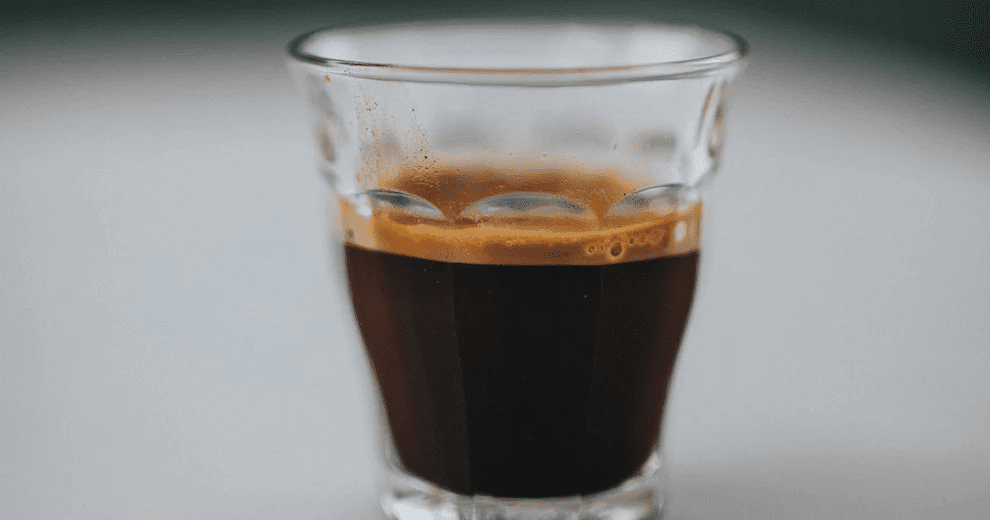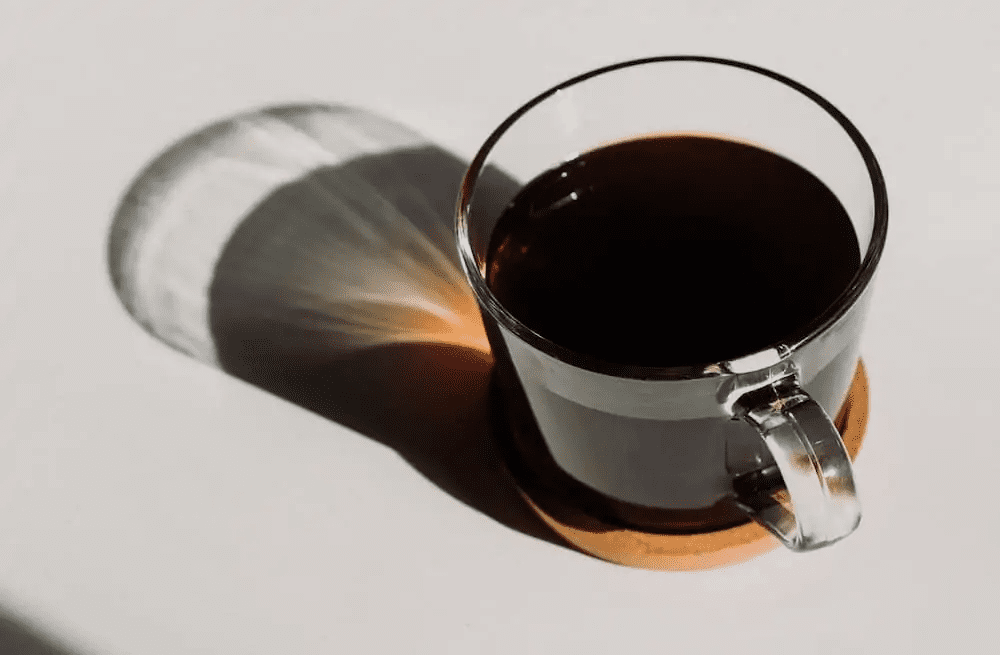
When choosing between traditional coffee and cold brew, there are many important factors to consider. If you’re curious about the difference in taste between these two preparations, be sure to check out this article. But if you sometimes just need ay – we can explain the difference in caffeine content between hot coffee and cold brew.
As a quick note, traditional iced coffee is just coffee brewed hot and then chilled. So throughout this article, when we refer to hot coffee, think about a typical cup of drip coffee – but remember that everything regarding caffeine content will be the same in iced coffee.
The Short Answer
Cold brew typically has more caffeine than hot coffee — though it depends on the coffee-to-water ratio you use.
As it turns out, this pressing question of which method of preparation serves up more caffeine is…well…complicated. We’re going first to explain what’s at play and then walk you through the answer.
Caffeine in Cold Brew vs Coffee: Why It’s Complicated
It turns out that caffeine content can vary wildly, even between two different cups that should be the same. It wouldn’t be crazy to assume that any old cup of hot coffee should have the same amount of caffeine, right? Well, that’s not necessarily true.
This wonderful graphic from the Huffington Post shows the differing caffeine content found in coffee from nine popular chains. This may be worth remembering next time you’re bleary-eyed and caught between a McDonald’s and a Starbucks.

But it’s not just about the difference between brands. Even if you make your coffee every morning, and even if you do everything you can to keep the preparation standardized, caffeine is a fickle compound, and you may get different amounts depending on the day.
Factors that affect this include everything from grind size to water temperature and even the day’s humidity. Here’s a handy guide that goes into more detail about all of this variation.
One of the primary factors affecting this caffeine content variation is the water temperature used when brewing. Hotter water is generally able to extract more caffeine. With this in mind, it would make sense that hot coffee should have more caffeine than cold brew.
Why It’s Even More Complicated
Of course, there are many ways to make cold brew, but generally, cold brew is prepared with a much higher coffee-to-water ratio than traditional drip. As a rule of thumb, one part ground coffee to seven parts water is an excellent ratio for cold brew. This contrasts hot coffee, for which a ratio of one to four is proper.

Because cold brew is often made with such an impressive amount of coffee grounds, there’s more opportunity for caffeine to be extracted. Even if a smaller portion of caffeine moves into your drink, the result can lead to a more powerful cold brew than hot coffee.
Is Cold Brew Stronger Than Hot Coffee? The Answer
So is cold brew coffee stronger than hot coffee? The answer is that it really can be on a case-by-case basis. Generally, cold brew does have more caffeine than hot coffee – thanks to a higher coffee-to-water ratio in the brewing stage – but this can change based on how everything is mixed. If you drink straight-up cold brew concentrate, expect your hair to stand straight up and your energy levels to skyrocket. But if this concentrated cold brew is diluted – as it generally is before being served – then you’ll likely be drinking just about as much caffeine as you could expect from a hot cup.
Either way, it’s your coffee. Whether you’re drinking it for the taste, the precious caffeine, or just because it’s your morning ritual – don’t worry too much and enjoy it.





